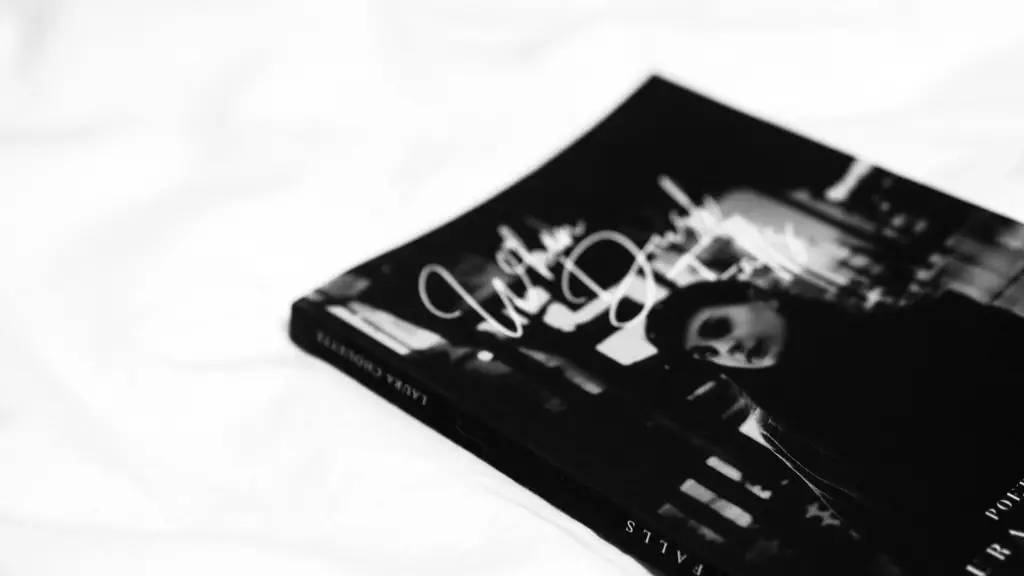Biography
Langston Hughes was born in 1902 in Joplin, Missouri, to parents James Nathaniel and Carrie Mercer Langston. He attended Central High School in Cleveland, Ohio, then went to Columbia University in 1921 on a scholarship. While at Columbia, he also published his first book of poetry, The Weary Blues. After leaving Columbia, Hughes worked as a busboy and crewman on the S.S. St. Louis, a transcontinental passenger liner, eventually settling in Harlem in 1924. During the 1920s and 1930s, the Harlem Renaissance and its writers were extremely influential throughout America. Hughes was one of the central figures of the movement and he would write for the popular magazines of the day, such as Vanity Fair, McClure’s Magazine, and The Nation.
Accomplishments and Achievements
Langston Hughes is best known as one of the great poets of the Harlem Renaissance, a movement that began in the 1920s when African American artists and writers began to express a collective sense of pride in their heritage and culture. During the Renaissance, Hughes wrote some of his best-known work, including “The Weary Blues” and the seminal novel Not Without Laughter. Hughes was an incredibly prolific writer, producing novels, short stories, plays, and essays in addition to his poetry. He was also an important literary figure in the Civil Rights Movement and spoke out against racial oppression in America. His works have been translated into numerous languages, including French, German, Spanish, and Japanese.
Themes in Langston Hughes’ Writing
Many of Langston Hughes’ poems and stories reflected his experiences as an African American living in the Jim Crow-era. He was particularly interested in exploring the daily struggles of African Americans and their desire for freedom and equality. Hughes incorporated jazz rhythms, blues music, and black vernacular into his work, creating a unique style of writing that has been embraced by many. He often wrote about the beauty and pride of the African American experience and how a person’s identity was shaped by their environment. Hughes believed that “the Negro is the key of the American character” and sought to highlight the power of African American culture both in his own life and in the world as a whole.
Legacy
Langston Hughes’ writing has been instrumental in inspiring generations of African American writers and poets. Hughes’ work profoundly impacted American literature and culture and is still studied and discussed today. He is often cited as a major influence on writers such as Maya Angelou, Toni Morrison, and James Baldwin. His work has also been featured in numerous museums, including the Schomburg Center for Research in Black Culture in Manhattan, and the Smithsonian’s National Museum of African American History and Culture. In 2002, Langston Hughes was inducted into the American Poets Corner in the Cathedral Church of St. John the Divine, where a bronze plaque commemorates his place in American literature.
Style and Influences
Langston Hughes often wrote of the experience of being an African American living in Jim Crow-era United States in a style similar to the blues and jazz he heard on the streets of Harlem. His work also explored themes of injustice, identity, and freedom in a way that resonated with readers of all backgrounds. Hughes was greatly influenced by the works of William Shakespeare, W.E.B. Du Bois, Claude McKay, Jean Toomer, and Countee Cullen. His writing has been compared to that of Walt Whitman, Edna St. Vincent Millay, and other American poets. Hughes’ poetry used the language of ordinary people to express the struggles and joys of everyday life.
Honors and Awards
Langston Hughes was the first African American to be awarded the National Association for the Advancement of Colored People’s Spingarn Medal in 1942. He was also the first black person ever to have his work published in the New York Times Book Review and was awarded the Anisfield-Wolf Book Awards for Race Relations in 1964. Hughes was the recipient of numerous honorary degrees for his literary accomplishments and was the first black person to serve as the Consultant in Poetry to the Library of Congress. In 1987, he was honored with a posthumous Pulitzer Prize Special citation for his life’s work as an American poet.
Relationships
Throughout his life, Langston Hughes maintained a wide circle of close friends. Several of his closest friends were fellow poets, such as Georgia Douglas Johnson, Claude McKay, and Countee Cullen. During his time in New York, he befriended novelist and playwright Zora Neale Hurston and the painter Aaron Douglas. Hughes also had a long-term relationship with fellow writer and publisher Ollie Harrington. Hughes’ relationships with his friends and partners inspired much of his writing, particularly his poetry and short stories.
Legacy in Music
Langston Hughes’ writing has had an ever-lasting influence on the music world. His work was immensely popular among jazz musicians, who incorporated his lyrics and themes into their own compositions. Many of his poems have been set to music, such as “Let America Be America Again” and “I, Too, Sing America.” In 1951, his musical play, “Street Scene,” was adapted into an award-winning musical by Leonard Bernstein. Jazz, blues, and R&B musicians such as Billie Holiday, Abbey Lincoln, and Michael Jackson have all paid homage to Hughes through their music.
Langston Hughes’ Plays
In addition to his poetry and prose, Langston Hughes also wrote several plays throughout his career. His best-known plays are the short plays “Mule Bone,” a collaboration with fellow poet Zora Neale Hurston, and “Don’t You Want to be Free?” Other plays include “Tambourines to Glory,” “Simply Heavenly,” and “The Barrier.” Hughes’ plays are noteworthy for their use of music, jazz, and blues to explore issues of race and identity in America. His plays often centered on characters who were struggling with issues of identity and freedom in a white-dominated society. In his own words, Hughes was “trying to dramatize the racial problem—subtly if possible, dramatically if necessary.”


